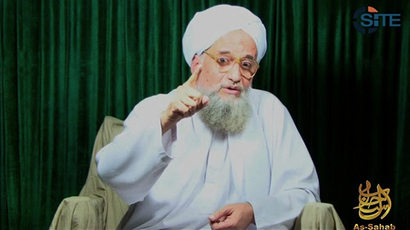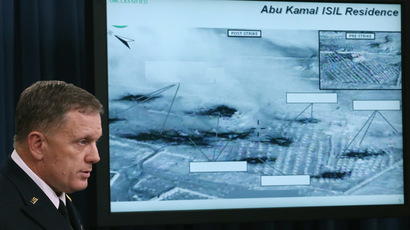US official claims 'most wanted terrorist' could've been killed during airstrikes on Syria
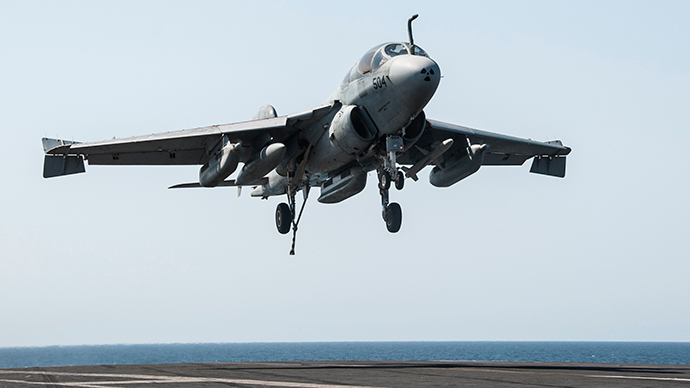
The leader of an Al-Qaeda-affiliated terror group that US officials fear is plotting attacks on the West was killed, an official claimed Wednesday, amid US-led airstrikes aimed at jihadist militant group, Islamic State, in areas of Syria and Iraq.
Khorasan leader Muhsin al-Fadhli was killed in an air-bombing campaign against the group’s training camps in the Aleppo countryside of northern Syria, an anonymous US military official told Reuters. The mission aimed at Khorasan is separate from airstrikes against Islamic State stronghold areas like Raqqa.
“We believe he is dead,” the official said, though the Pentagon officially said it was unable to confirm if al-Fadhl or any Khorasan leaders had died in the barrage of more than 40 Tomahawk cruise missiles launched from two US guided-missile destroyers, USS Arleigh Burke and USS Philippine Sea, operating in the Gulf and the Red Sea.
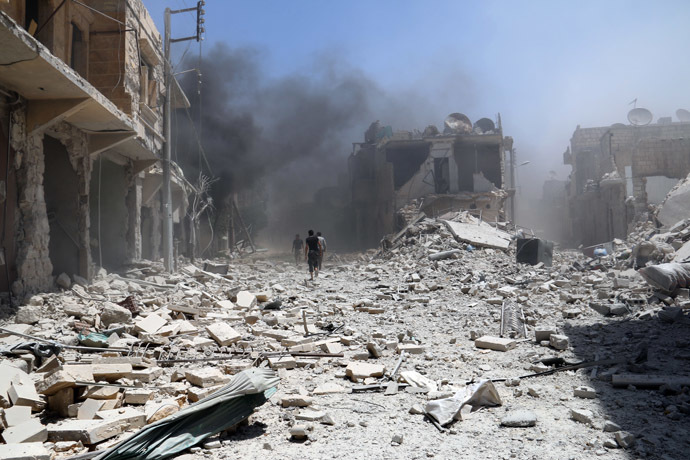
"We just don't have a confirmation to make at this point," said Pentagon spokesman Colonel Steve Warren. "We don't have personnel on the ground to verify, so we're continuing to assess."
The US has claimed Khorasan - which is separate from Islamic State - was close to carrying out “major attacks” against the West. The group reportedly focuses its efforts on training Western jihadists to carry out deadly attacks, including in their home nations, with use of bombing materials that can be hidden in electronic devices or clothes, for example.
The first-ever mentionof the group occurred last week at an intelligence gathering in Washington DC, when National Intelligence Director James Clapper admitted that “in terms of threat to the homeland, Khorasan may pose as much of a danger as the Islamic State.”
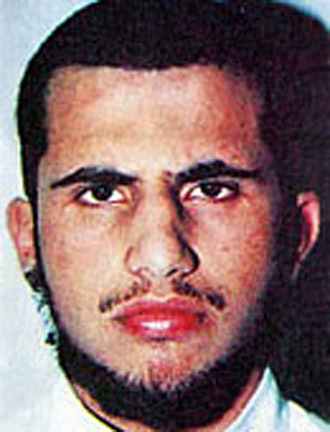
“Intelligence reports indicated that [Khorasan] was in the final stages of plans to execute major attacks against Western targets and potentially the US homeland,”said Lt. Gen. William Mayville, director of operations for the US Joint Chiefs of Staff, on Tuesday.
Khorasan is allegedly “establishing roots in Syria in order to advance” those attacks, Mayville said, adding that strikes against the group on Tuesday were “successful.”
Earlier Tuesday, US President Barack Obama said that he ordered the strikes in Syria to “disrupt plotting against the United States and our allies by seasoned Al-Qaeda operatives in Syria, who are known as the Khorasan Group."
“Once again, it must be clear to anyone who would plot against America and try to do Americans harm that we will not tolerate safe havens for terrorists who threaten our people,” Obama added.
Little is known about Khorasan publicly apart from its being composed of former Al-Qaeda operatives from the Middle East, North Africa, and South Asia. Deputy National Security Advisor Ben Rhodes said the group includes “core Al-Qaeda operatives from Afghanistan and Pakistan who made their way to Syria.”
The group was supposedly planning to use a bomb made from a non-metallic device, such as a toothpaste container, CNN reported citing an unnamed intelligence source.
Al-Fadhli, 33, is a longtime Al-Qaeda veteran, according to the Daily Mail, who was one of few people in Osama bin Laden’s inner circle to know of the September 11, 2001 attacks in advance. He reportedly fled to Iran during the US-led invasion of Afghanistan.
In 2012, al-Fadhli was identified by the State Department as leading the Iranian branch of Al-Qaeda, controlling “the movement of funds and operatives” in the region and working closely with wealthy “jihadist donors” in his native Kuwait to raise money for the Syrian terrorist resistance.
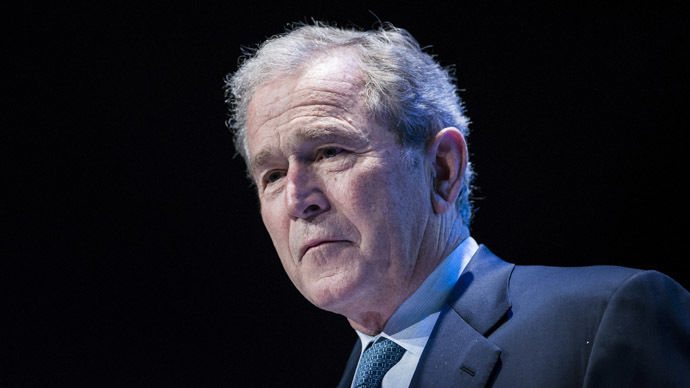
Despite the initial mention of Khorasan last week - just in time for the US-led airstrike campaign against Islamic State - American intelligence is said to have been tracking it for over a decade. Former President George W. Bush once mentioned the name of its leader in 2005 in connection with a French oil tanker bombing in 2002 off the coast of Yemen.
While the US targeted Khorasan camps, American and Arab-coalition partnersfocused on strikingIslamic State in areas like Raqqa, the Syrian headquarters for the group.
Human rights monitors in Syria reported that some of the sites hit during the strikes were empty. This was especially the case in Raqqa, because militants had fled to try and blend in with the civilian population, knowing that airstrikes were imminent. About 70 IS fighters were killed during the bombing raids, according to Reuters.













